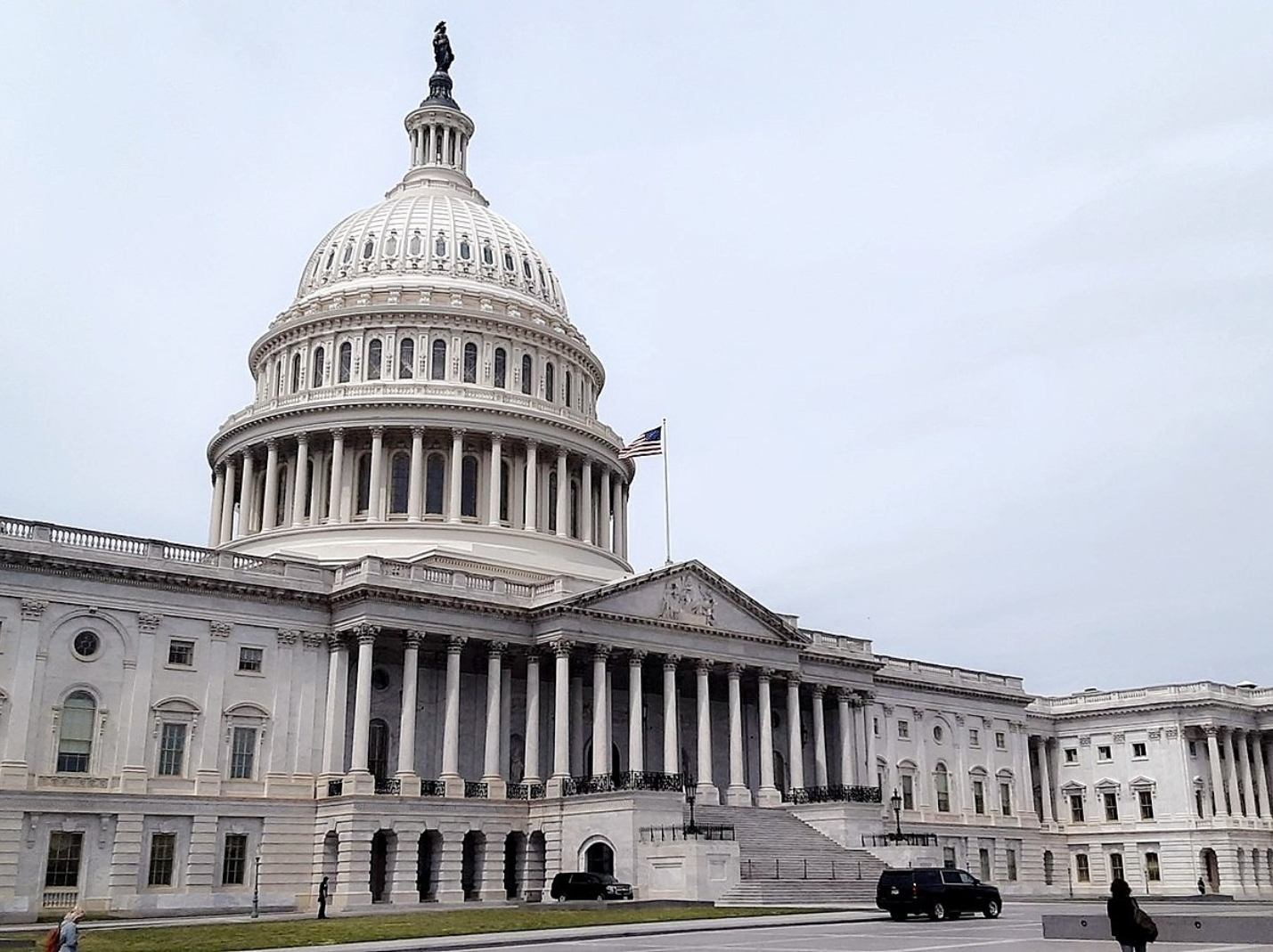
In the winter of 2024, the U.S. Department of Education announced that an investigation is underway at Sarah Lawrence College (SLC) over its anti-Semitic environment. The U.S. Department of Education’s Office for Civil Rights wrote in a December 23 letter that it will examine “whether the College failed to respond to alleged harassment of students on the basis of national origin … in a manner consistent with the requirements of Title VI.”
Now, SLC will have to answer to the U.S. Congress, too.
On March 27th, the House Education and Workforce Committee and the Higher Education and Workforce Development Subcommittee sent letters to five colleges and universities “demanding answers regarding their lackluster response to the rise in antisemitism on their campuses.” SLC, where I have been on faculty for over 15 years, was deservedly on this list.
Since Cristle Judd took over as the college’s President in 2017, SLC has declined in national rankings. As of 2024, U.S. News & World Report ranked Sarah Lawrence at 108 out of 211 liberal arts colleges, significantly declining from its top 40 position when I joined the school. In her tenure, Judd has ignored core collegiate values of open inquiry and the centrality of searching for truth. The school has taken a dangerous illiberal turn, earning Congressional and Executive scrutiny.
Judd’s March 2025 letter to the community, for instance, proclaims that the school will “continue to vigorously uphold and defend … free expression” and declares that “academic freedom and free inquiry [are] cornerstones of higher education.” She also “[ensures] that every student at Sarah Lawrence has full and unimpeded access to our transformative education, regardless of … ethnicity … or religion.”
But such words have proven hollow. If Judd truly believed them, she would not have allowed an environment where Jewish and Zionist students were forced to leave campus for safety, take classes remotely, and lose equal access to our school’s Dewey-inspired, individualized education. How can any educational “leader” sleep at night knowing her students fled for protection—while she remained silent?Sarah Lawrence’s
[RELATED: Sarah Lawrence’s Hollow Promises—’Inclusion’ Excludes Jews]
In the Fall of 2024, Judd had a chance to demonstrate leadership. After terrorist-aligned student and faculty groups disrupted my teaching and attacked me for my Jewish faith and Zionist heritage, boycotts were called against me. I asked her to intervene, to stand for viewpoint diversity and open inquiry. She ignored every attempt to connect.
The campus knew about the boycott. Judd’s silence was an endorsement. This stands in stark contrast to her predecessor, who rejected an earlier boycott of Israel, rightly warning that academic boycotts “have the effect of stifling dialogue vital to academic freedom … and limits the possibilities for dialogue to contribute to understanding, affect policy, and even change minds.”
Cancel culture is clearly appreciated and embraced by Judd, and Congress has, fortunately and finally, taken note. Congress would be well served to recognize that Judd regularly welcomes to campus and celebrates one of the most notable examples of cancel culture around: former National Institute of Health (NIH) director Francis Collins.
Collins was famously caught trying to cancel current NIH director Jay Bhattacharya with a “quick and devastating public takedown” due to differing views on managing the COVID-19 pandemic. People who try to silence dissent are Judd’s models for our campus, and their behavior is exactly what we shouldn’t be teaching our students.
Moreover, Judd ignores the reality on campus, pretending things never happened.
In response to a dangerously misleading essay in Slate written about SLC and anti-Semitism by a new professor of Jewish Studies entitled “What Are We Allowed to Say?: How Trump’s Department of Education has made it harder for me to teach Jewish Studies,” Judd helps gaslight readers by supporting the piece and not doing her duty as President to share that the piece does not present an honest and true record of what has happened on campus since the October 7th massacre in Israel.
Instead, Judd claimed the piece was “thoughtful” and “nuanced” and “allows the reader to experience a sense of what actually happens day in and day out on our campus and so many others across the country, as a place where talented faculty develop nuanced arguments and facilitate open discourse and debate with inquisitive, eager students from across the political spectrum, all of whom want to learn.”
The essay certainly makes some valid points about campus culture such as students are searching for space to discuss challenging issues but then deliberately omits critical facts and events on campus regarding the violence that has occurred in the fall and the deep anti-Semitism present that Jewish and Zionist students confront constantly. The essay failed to “present the full truth about Sarah Lawrence College to readers,” and Judd is well aware of the essay’s deliberate manipulation of narrative. Judd nonetheless remained silent on this incomplete narrative and endorsed a deeply inaccurate telling of campus life.
Judd’s failure to actually fight for SLC’s stated values of open discourse and respect for difference has put SLC’s future in jeopardy. Hopefully, the Title VI investigation and Congressional scrutiny will apply the external pressure needed to restore SLC as a leader in liberal arts education—since the school has shown it cannot right itself.
Image: “Home of the US Congress” by JessicaRodriguezRivas on Wikimedia Commons